Decarboxylation: The Secret Behind Getting High
If you're a regular at your local dispensary, chances are you've probably heard the term "decarboxylation" thrown around before. While the word may be intimidatingly long and sciencey, it's a process that's absolutely necessary for anyone who uses cannabis for its psychoactive effects! Not only does it explain why the most common way of cannabis consumption is to smoke it, but also why you can't just eat unprocessed flower to get high.
Decarboxylation is a kind of chemical reaction that uses heat to "activate" the THC found in cannabis flower. The truth is, flower that has not been decarboxylated does not contain that much THC at all -- the main cannabis compound (cannabinoid) being produced by a live plant is the precursor to THC known as THCA, THC acid, or tetrahydrocannabinolic acid. THCA actually has no psychoactive effects at all and therefore cannot get you high. The reason we heat up cannabis in various ways is to convert non psychoactive THCA into psychoactive THC. Doing so requires us to apply heat at a minimum of 220 degrees fahrenheit, which triggers a reaction that lies in the root of the word itself. "De" means "off" and "carboxyl" refers to carbon, so to decarboxylate, in essence, means to "remove carbon." THCA is usually heated to 220 degrees through combustion (smoking), heating/pressing (dabs/concentrates), lipid/alcohol infusion (edibles), etc. When any of these methods are applied, a carbon atom is removed from a carbon chain, breaking the carboxyl bond in the molecule, and releasing carbon dioxide gas.
But all this still doesn't explain why THC gets us high but THCA doesn't. This brings us to the endocannabinoid system. We all have a biological system in our bodies that exists to produce and process a group of chemicals called cannabinoids, this system is made up of receptors found all over our bodies and indicate where cannabinoids are "received." Cannabinoids are produced by our own bodies but can also be found in botanicals -- most notably, cannabis. THCA and THC are both cannabinoids, as well as other compounds you've probably heard of like CBD, CBG, CBN, THCV, etc. We can't get high from THCA because the shape of the molecule is not very compatible with the shape of the endocannabinoid system's receptors, which makes it hard for the body to absorb THCA. When decarboxylation of THCA to THC occurs, the molecule's shape changes and binds to the receptors easily, making our bodies much more willing to absorb THC!

